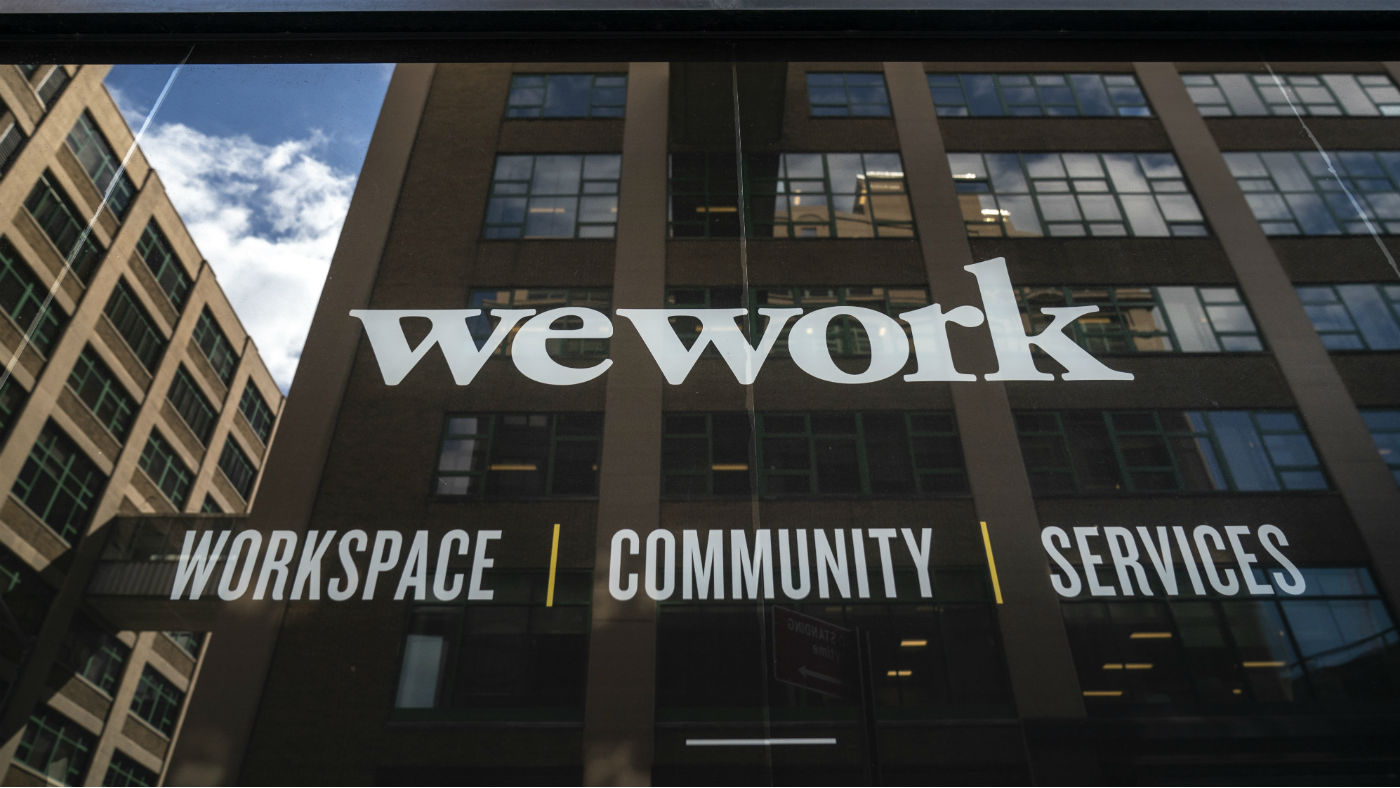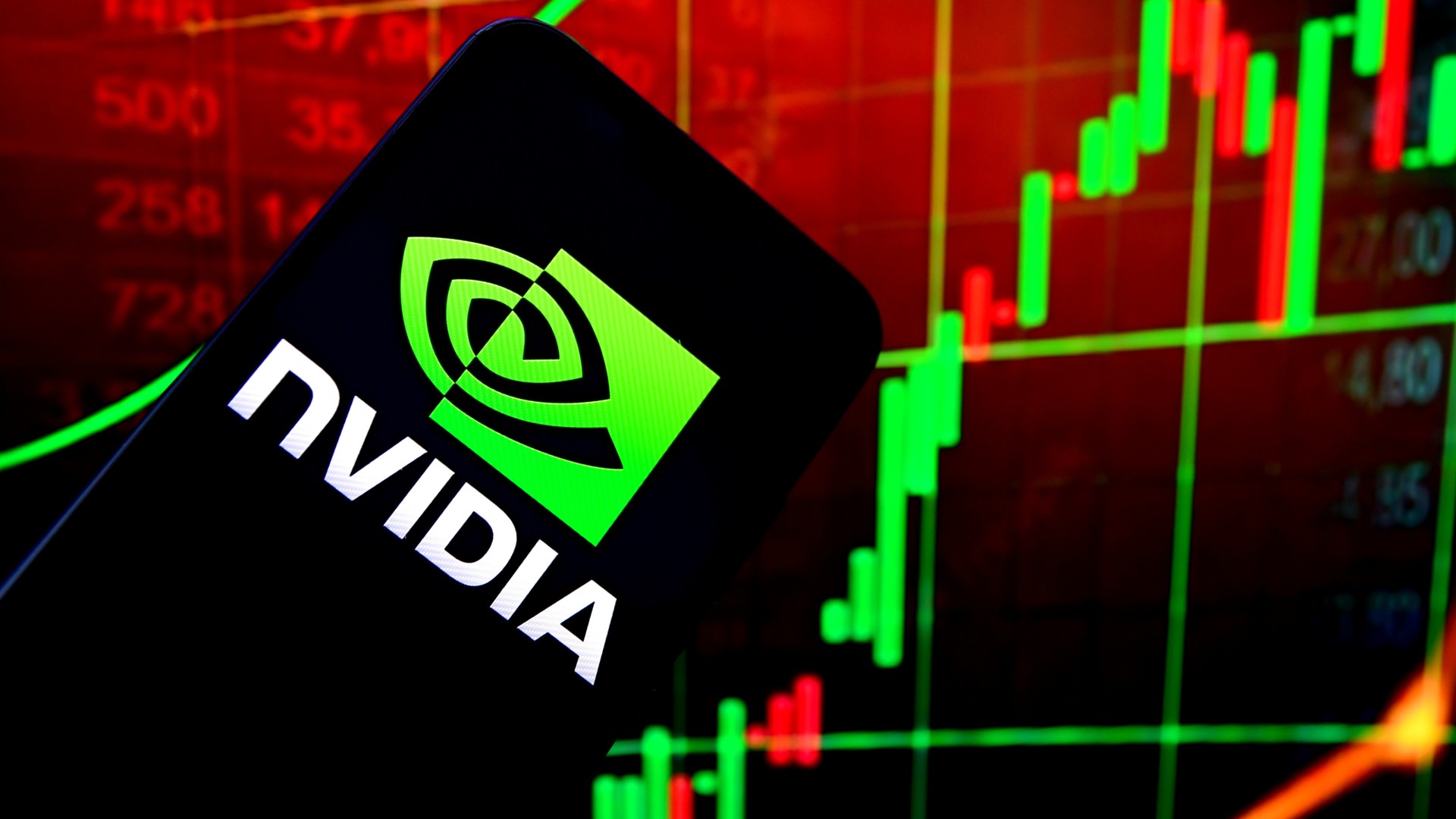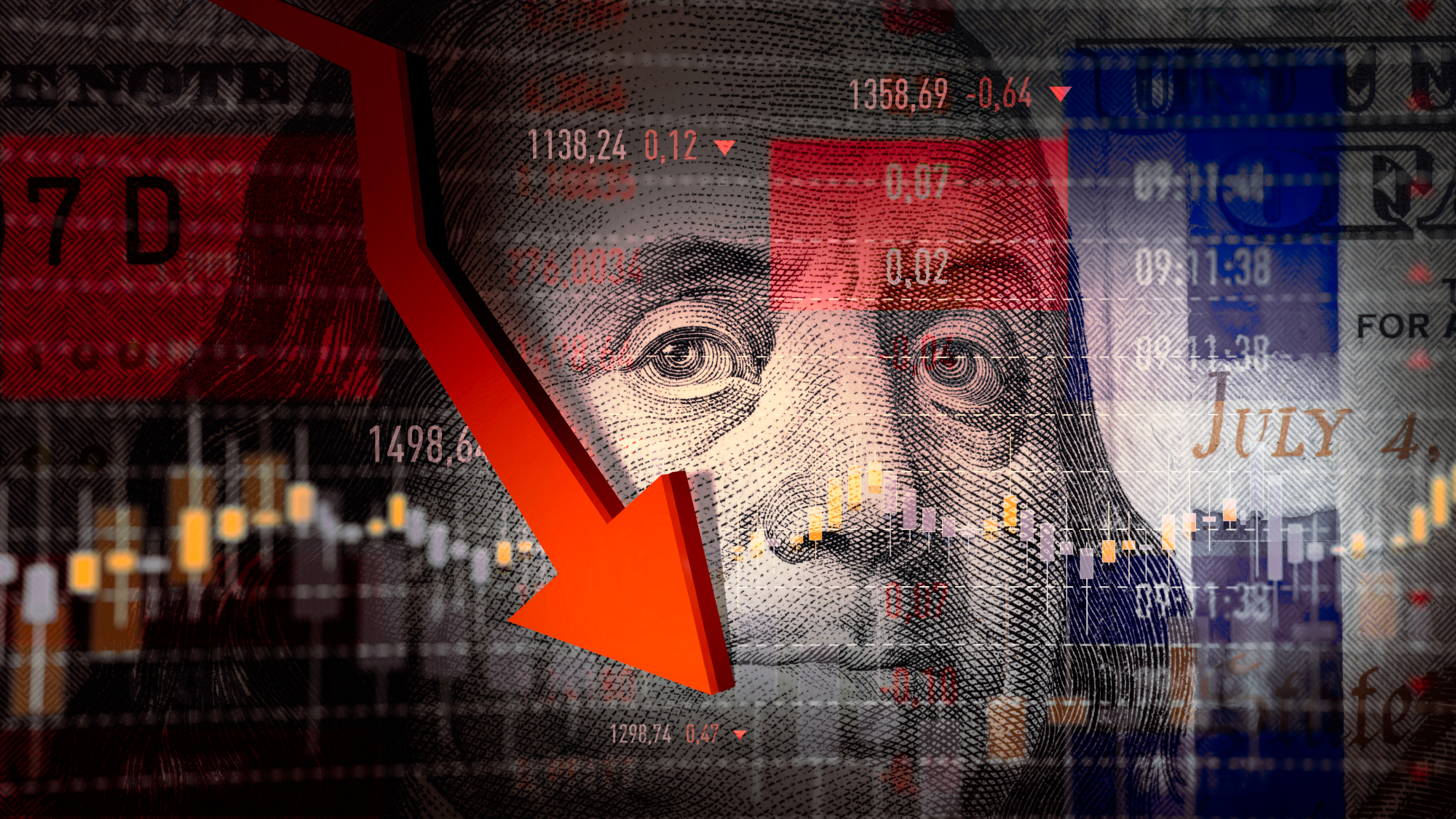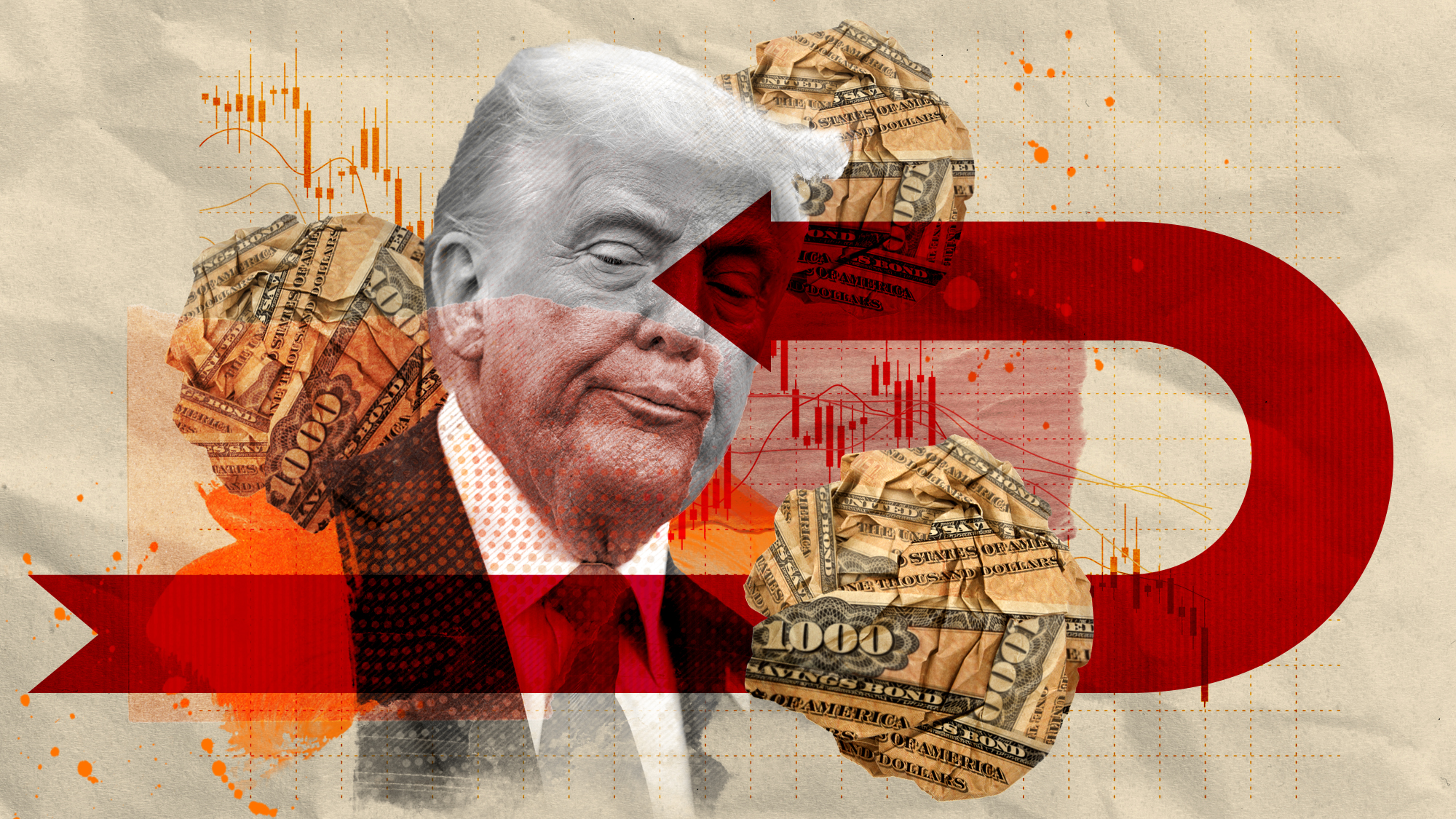Does WeWork wobble mark end of flotation boom?
Poor performance of venture capital start-ups highlighted as sign of failing global economy

A free daily email with the biggest news stories of the day – and the best features from TheWeek.com
You are now subscribed
Your newsletter sign-up was successful
Uncertainty over property rental firm WeWork’s stock market listing, reflects a wider concern the bubble in billion-dollar venture captial start-ups could be about to burst as the global economy heads for recession.
The company had been valued at $47bn (£38bn) last year, but reports have suggested it is now considering a price tag of less than $20bn. It is said to be facing pressure from its biggest external investor, Japanese firm SoftBank, to drop its flotation plans amid concerns about its plunging valuation.
It is one of a number of “unicorn” companies which has seen its value plunge following floatation.
The Week
Escape your echo chamber. Get the facts behind the news, plus analysis from multiple perspectives.

Sign up for The Week's Free Newsletters
From our morning news briefing to a weekly Good News Newsletter, get the best of The Week delivered directly to your inbox.
From our morning news briefing to a weekly Good News Newsletter, get the best of The Week delivered directly to your inbox.
Ride hailing apps Uber and Lyft have disappointed since going public while messaging app Slack has also struggled. All these companies received multi billion-dollar valuations despite failing to ever turn a profit. WeWork for example, has lost more than $4bn since 2016, burning through capital even as its revenues have doubled each year.
CEO Adam Neumann’s plans to take WeWork public have “backfired, as his company becomes the poster child for a bubble in venture capital fundraising that has pushed some start-ups to unsustainable valuations”, Reuters says.
The BBC adds that “worries over prospects for global economic growth, given factors such as the US-China trade war and the uncertainty surrounding Brexit” could spell further trouble, with some arguing that “in tighter economic circumstances, companies and consumers are likely to cut back their spending on things such as cab rides and workplace apps - not to mention spending on desk space hire”.
“They are obviously very different businesses, but the connecting thread is that they are losing money, burning cash and rely on sustaining very high growth rates over time,” says tech analyst Richard Kramer, founder of Arete Research.
A free daily email with the biggest news stories of the day – and the best features from TheWeek.com
“If there is anything that changed in the mood music, it is that multiple segments of the market are increasingly pricing in a recession” he added.
-
 How the FCC’s ‘equal time’ rule works
How the FCC’s ‘equal time’ rule worksIn the Spotlight The law is at the heart of the Colbert-CBS conflict
-
 What is the endgame in the DHS shutdown?
What is the endgame in the DHS shutdown?Today’s Big Question Democrats want to rein in ICE’s immigration crackdown
-
 ‘Poor time management isn’t just an inconvenience’
‘Poor time management isn’t just an inconvenience’Instant Opinion Opinion, comment and editorials of the day
-
 Did markets’ ‘Sell America’ trade force Trump to TACO on Greenland?
Did markets’ ‘Sell America’ trade force Trump to TACO on Greenland?Today’s Big Question Investors navigate a suddenly uncertain global economy
-
 Texas is trying to become America’s next financial hub
Texas is trying to become America’s next financial hubIn the Spotlight The Lone Star State could soon have three major stock exchanges
-
 What a rising gold price says about the global economy
What a rising gold price says about the global economyThe Explainer Institutions, central banks and speculators drive record surge amid ‘loss of trust’ in bond markets and US dollar
-
 Is a financial market crash around the corner?
Is a financial market crash around the corner?Talking Points Observers see echoes of 1929
-
 The AI bubble and a potential stock market crash
The AI bubble and a potential stock market crashToday's Big Question Valuations of some AI start-ups are 'insane', says OpenAI CEO Sam Altman
-
 DORKs: The return of 'meme stock' mania
DORKs: The return of 'meme stock' maniaFeature Amateur investors are betting big on struggling brands in hopes of a revival
-
 Dollar faces historic slump as stocks hit new high
Dollar faces historic slump as stocks hit new highSpeed Read While stocks have recovered post-Trump tariffs, the dollar has weakened more than 10% this year
-
 How the US bond market works – and why it matters
How the US bond market works – and why it mattersThe Explainer Donald Trump was forced to U-turn on tariffs after being 'spooked' by rise in Treasury yields